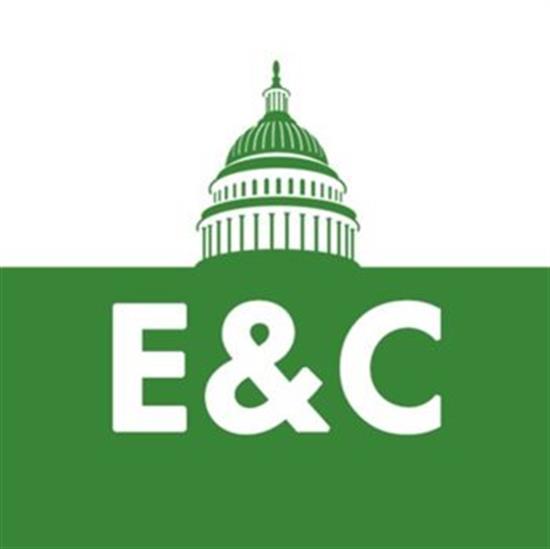In the News
House E&C Passes CREATES, Pay-for-Delay Bills
Washington,
April 4, 2019
Passed by a unanimous 51-0 vote, HR 965, the "Creating and Restoring Equal Access to Equivalent Samples (CREATES) Act of 2019," introduced by six representatives on both sides of the aisle, would establish a process by which generic manufacturers can obtain sufficient quantities of brand drug samples for bioequivalence testing, which is meant to serve as a deterrence to tactics that brand manufacturers use to delay or impede generic entry. As far as the changes made to CREATES to obtain bipartisan support, Rachel Schwartz, director of communications of the Association of Accessible Medicines told Focus: “Changes to the affirmative defense were made to provide for a specific timeline for the offer and acceptance for the purchase of samples. These timelines reside within the 31 days provided for delivery of samples. This language is consistent with the amendment offered by Rep. Bucshon (R-IN) last week. “The other change is a new ‘rule of construction’ to ensure that nothing in this act shall be interpreted as requiring an authorization for the sale/purchase of samples or in negating the applicability of the REMS with ETASU [elements to assure safe use] requirements,” she said. The other bill that was altered and passed by voice vote was HR 1499, the "Protecting Consumer Access to Generic Drugs Act of 2019," sponsored by Rep. Bobby Rush (D-IL), which would make illegal any payments between brand and generic firms to keep generics off the market. The changes would ensure that the bill does not work retroactively. Republicans, in the subcommittee markup, warned that the bill as originally written could end up pulling generic drugs off the market because older deals could be found to be illegal. The other three bills to pass by voice vote on Wednesday were:
RAPS |


